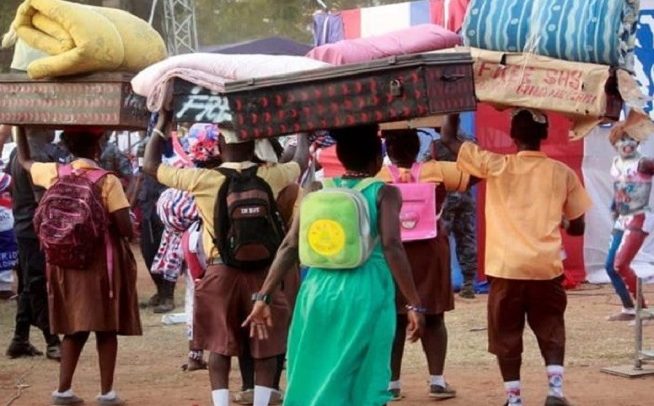
There is one sector of national life if properly harnessed promotes equality in society. Education appears to be the leveler no matter the person’s status in society; whether rich or poor. That explains why nations all over the world spend the highest percentage of national budget on education. The country has evidences of successes chalked up by people in the lower echelon of society but are rubbing shoulders with the well-to-do because they received quality education.
The first President of the Republic introduced the universal compulsory basic education in the 1960s to build a robust human capital base for the country and subsequently implemented free secondary education for the North to end the colonial policy of making that part the source of cheap labour for the better developed southern part of Ghana.
From independence to date, successive governments have tried all kinds of interventions to improve access to education as well as its quality to the people. Then in 2008 the then presidential candidate of the New Patriotic Party (NPP) had a dream. The dream was to introduce free senior high school (SHS) education to open up access to all graduates of junior high schools to have a bite at secondary education.
As usual, opponents of the NPP, especially the NDC mocked at Nana Akufo-Addo, describing his dream as utopian. Some of the NDC leaders said it was not doable because of several constraints, and even if it was possible, it could only materialise in 20 years.
His defeat at the polls did not deter him, as he repeated the same pledge to the electorate in 2012 but it did not resonate well with the people and Nana Akufo-Addo again lost.
He was not perturbed by the two defeats but made free senior high school the cornerstone of his platform again in 2016. This time Providence smiled at him as the electorate decided to repose their trust in him in line with oft-repeated request to the people “to repose their trust in him.”
Before the 2016 elections, the NDC stepped up its anti-free senior high school campaign describing the promise by NPP to introduce the policy as “419.”
These negative campaigns did not deter the new NPP administration led by Nana Akufo-Addo, and thus introduced the flagship policy in 2017. Although the NDC knew the policy was good, it adopted all kinds of misinformation to discredit it in the name of politics. Today thanks to the policy, children from all backgrounds are gaining admission to so-called first class schools and thus helping to breakdown the class society.
However, right from its inception, the NDC as usual mobilised a section of the public, including the media, academia, civil society and educationists to oppose the free senior high school as a nightmare likely to collapse the education system. Some managers of the free senior high school system teamed up with the government’s political opponents to constantly demand a review of the policy because the state cannot sustain it.

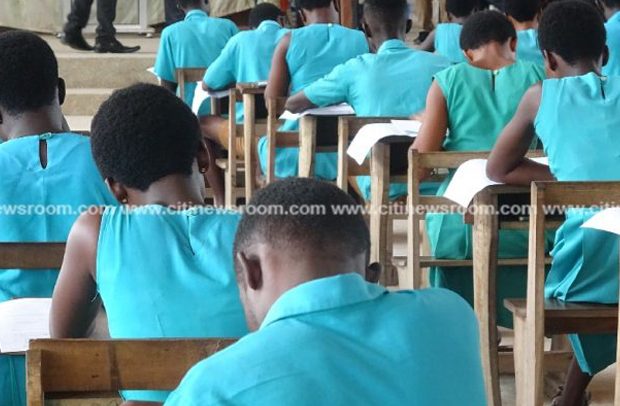
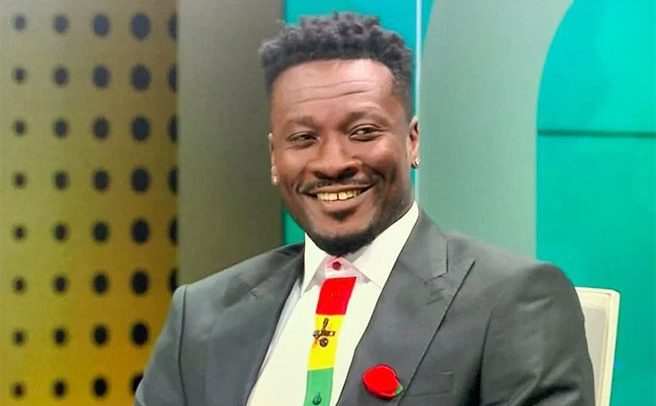
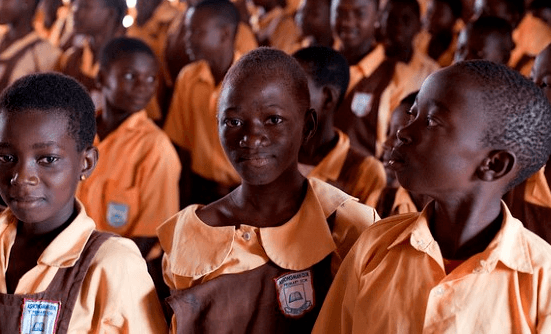


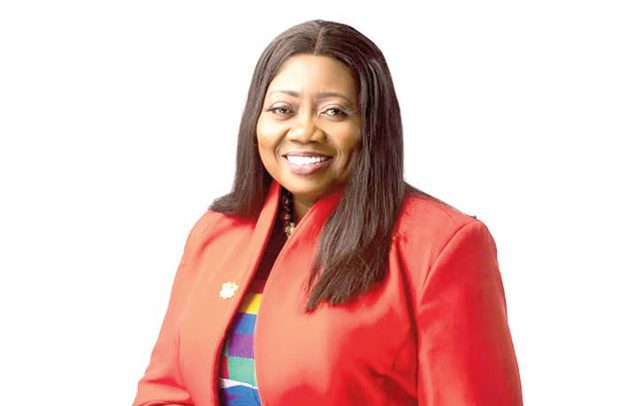
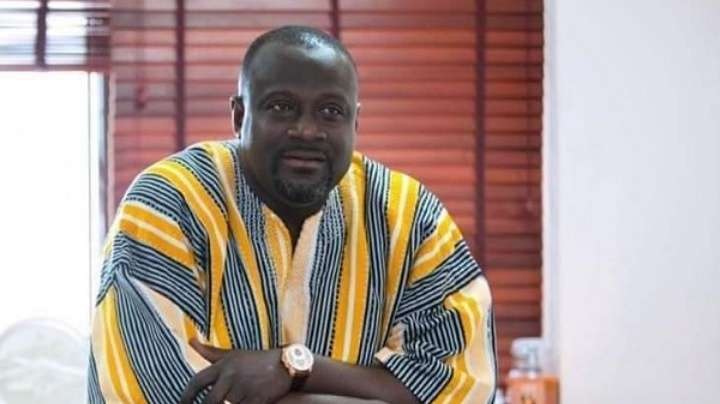






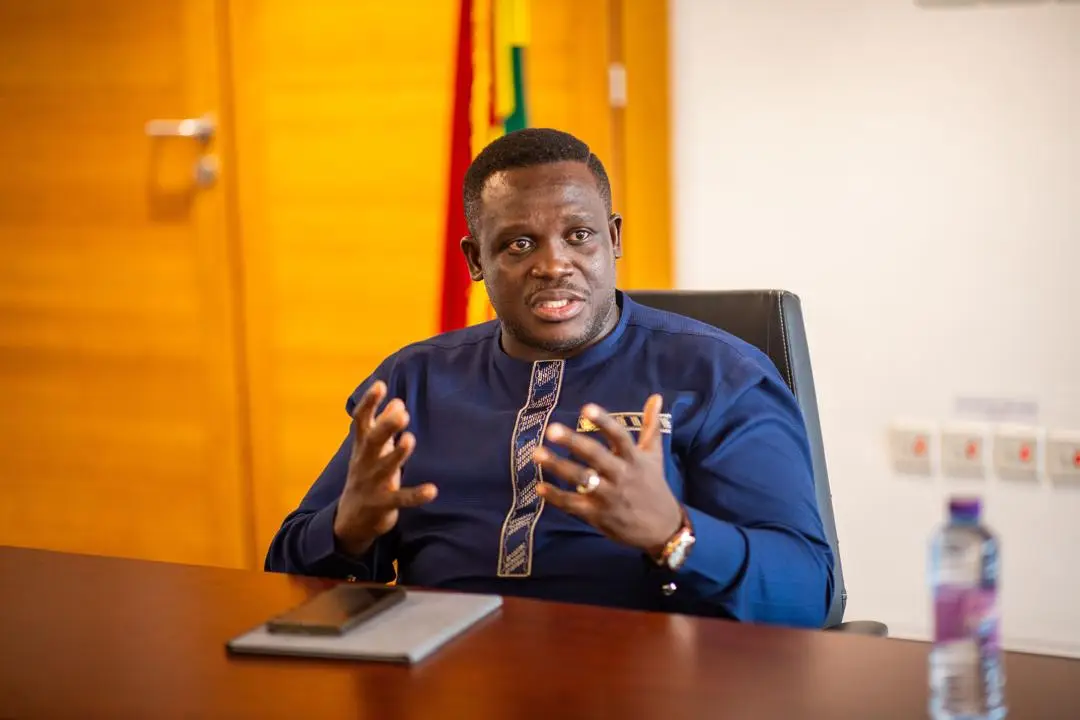

Facebook
Twitter
Pinterest
Instagram
Google+
YouTube
LinkedIn
RSS